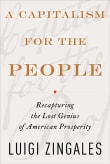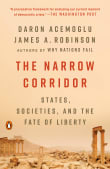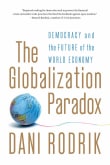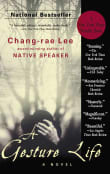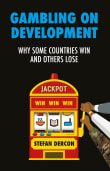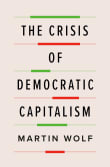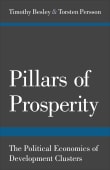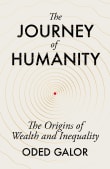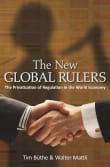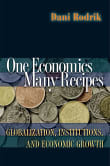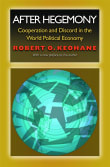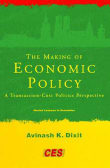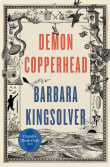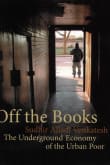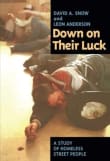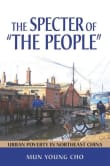Poor Economics
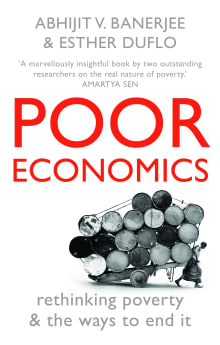
Book description
Why do the poor borrow to save? Why do they miss out on free life-saving immunizations, but pay for unnecessary drugs? In Poor Economics , Abhijit V. Banerjee and Esther Duflo, two practical visionaries working toward ending world poverty, answer these questions from the ground. In a book the Wall…
Why read it?
3 authors picked Poor Economics as one of their favorite books. Why do they recommend it?

I have long believed that development economists rely too heavily on reductive formal models that ignore on-the-ground realities and are backed by scant empirical evidence. This book makes a compelling case for observation—particularly in the form of randomized controlled trials that approximate scientific experiments “in the field.”
I admire its rigorous use of the scientific method to critique theoretical approaches that draw much of their legitimacy and influence from technical sophistication and abstraction.
From Ranjit's list on international political economy.

The book, written in a very accessible manner, helps to understand the constraints the poor face and how they make decisions on matters such as education, healthcare, savings, entrepreneurship, and a variety of other issues.
Duflo and Banerjee, recipients of the Nobel Prize in Economics, advocate for the use of randomized controlled trials and, most importantly, to actually listen to what the poor have to say.
The book won the 2011 Financial Times and Goldman Sachs Business Book of the Year Award. To me, it was an eye-opener and a refreshing way to rethink poverty reduction.
From Lodewijk's list on economic growth and international development.

Banerjee and Duflo examine poverty at ground level, far from grand debates about the miracle of market competition vs. the necessity of aid and instead closer to the people who actually experience poverty. The entire book is centered on a simple question: What works? And how can we figure out what works? The authors have combined economics with psychology and empirical methods to understand the foundations of how the poor make decisions: the answer, it turns out, is that the process follows human decision-making everywhere. The challenge is that circumstances surrounding poverty make “good” decisions much more difficult. The practical…
From Pietra's list on economics and globalization.
If you love Poor Economics...
Want books like Poor Economics?
Our community of 12,000+ authors has personally recommended 100 books like Poor Economics.

